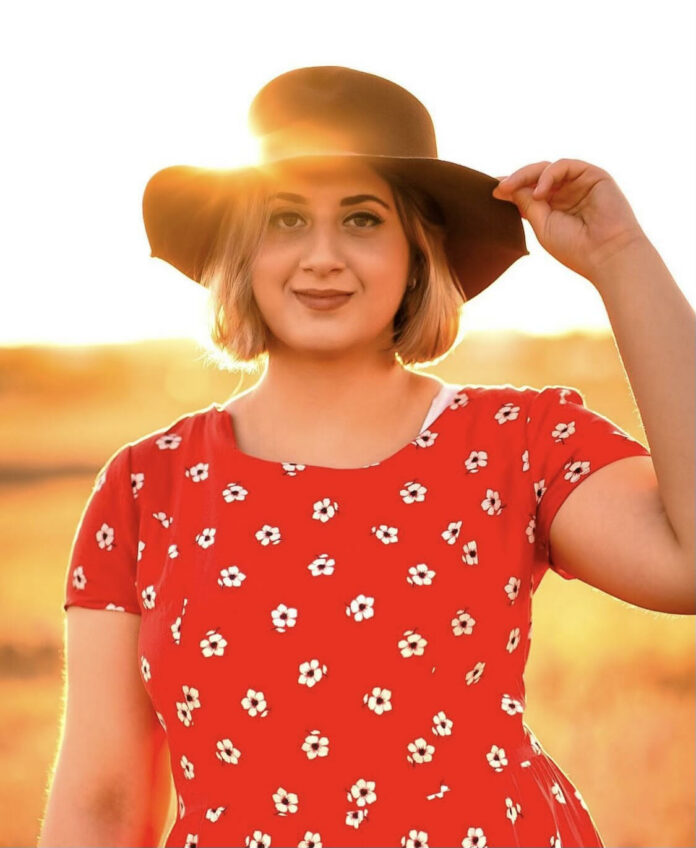If she had not received asylum, the student would have had to pay over $12,000 in tuition
By CAROLINE VAN ZANT — campus@theaggie.org
On Jan. 21, a UC Davis student and her family were granted asylum in the U.S., bringing an end to a 20-year struggle which put her family in immigration limbo and left her education uncertain. According to third-year political science major Shugufa, who requested that her last name be omitted due to the threat her family faces from the Taliban, if she had not been granted asylum, she would have been ineligible for financial aid and would have had to pay over $12,000 in tuition.
Shugufa arrived in the U.S. in August 2001 when she was two years old. According to her, she and her family were forced to leave Afghanistan because her parents spoke out against the Taliban’s regime.
“My parents always stood up against injustices that they would see,” Shugufa said.
Eventually, staying in Afghanistan became too risky for her family, and they had to leave the country.
“At some point, when you’re in a backward country like that when the majority is not educated in regards to Islam and the rules of Islam, it’s kind of hard to [… ] try to get them to see things in a more humane way because they’re just set in their ways,” Shugufa said.
In the U.S., the family’s lack of an official immigration status prevented them from doing everyday things: Shugufa noted that she could not acquire a driver’s license, open a bank account or join a gym.
“It felt like I couldn’t truly be a part of society,” Shugufa said.
Shugufa also could not receive financial aid from UC Davis without asylum. As a junior, she transferred from Sacramento City College, where her tuition was covered by a Pell Grant, and found out in November that she did not qualify for aid.
“I didn’t know whether to focus on my studies or come up with the $12,000, almost $13,000, by Dec. 15,” Shugufa said.
Her professor helped her get in touch with administrators who set up a $7,000 emergency fund for her and extended her payment date to January after considering her circumstances.
“At that point, if we hadn’t gotten asylum, I would’ve had to drop out of winter quarter,” Shugufa said.
With her status as an asylee, Shugufa will now be eligible for financial aid from the school. Her family will be given permanent resident cards, or green cards, in one year.
“I can’t even begin to describe how much of a relief it is; it feels like this huge weight got lifted off my chest,” Shugufa said.
According to Bradford Jones, a UC Davis professor of political science and an expert on immigration policy in the U.S., though 20 years may seem like an extraordinarily long time to wait for a decision regarding asylum, it is not unusual.
“The immigration system is so heavily backlogged, so that kind of waiting time does not come as a surprise to me,” Jones said.
There are almost 1.6 million people like Shugufa waiting for their cases to be heard by U.S. courts. Waiting times are often longer for people from Mexico and other Central and Latin American countries from which the U.S. receives many immigrants.
Professor Gabriel Chin of the UC Davis School of Law focuses his research heavily on immigration law. According to Chin, although immigration law has ceased to be “explicitly political,” the immigration system at large is affected by who is in the White House.
“It still makes a great deal of difference who administers the law,” Chin said. “The officers who apply it can be instructed to apply it leniently or stringently.”
According to Chin, the U.S.’ ties to a particular country can influence whether a person from that country is granted asylum, regardless of whether they meet the legal standards.
Now that she no longer has to worry about her immigration status, Shugufa can focus on the future. She plans to go to medical school after she finishes her undergraduate degree.
“I’m really passionate about becoming a radiologist,” Shugufa said. “I also want to change healthcare policies because I feel like some of them are just so unfair and they put so many communities at a disadvantage.”
Written by: Caroline Van Zant — campus@theaggie.org




